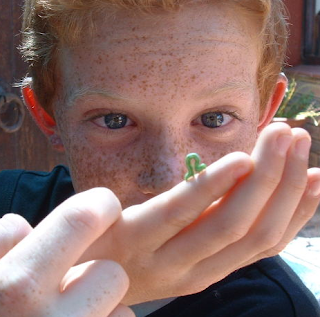Let me share with you these two versions of the same song. What do you think, which one is the original one?
Serbian 401 - Text Comparison with Serbian Song "The Only One"
Version one
Ostani, da ti kažem nešto još
ostani, ovaj dan je bio loš
ostani, da ne budem više sam
jer je tuga sve što znam
ostani, ovaj dan je bio loš
ostani, da ne budem više sam
jer je tuga sve što znam
Pričaj mi, makar bajke bile to
pričaj mi, ti ćeš otjerati zlo
pričaj mi, nek me umire na čas
tvoje ruke i tvoj glas
pričaj mi, nek me umire na čas
tvoje ruke i tvoj glas
Ref.
Ti si jedina od svih
koja dođe kada treba
ti si sunce moga neba tebi mogu
tebi mogu reći sve Ti si jedina od svih
koja tajne moje čuva
ti si moja ljubav prva za mnom pođeš bilo gdje Ostani, nisi ista, ali znaš
ostani, da mi opet snage daš
pričaj mi, nek me umire na čas
tvoje ruke i tvoj glas Pričaj mi, makar bajke bile to pričaj mi, ti ćeš otjerati zlo
pričaj mi, nek me umire na čas
tvoje ruke i tvoj glas Ref. Ostani, nisi ista, ali znaš
ostani, da mi opet snage daš
pričaj mi, nek me umire na čas
tvoje ruke i tvoj glas
(2x)
Ti si jedina od svih
koja dođe kada treba
ti si sunce moga neba tebi mogu
tebi mogu reći sve Ti si jedina od svih
koja tajne moje čuva
ti si moja ljubav prva za mnom pođeš bilo gdje Ostani, nisi ista, ali znaš
ostani, da mi opet snage daš
pričaj mi, nek me umire na čas
tvoje ruke i tvoj glas Pričaj mi, makar bajke bile to pričaj mi, ti ćeš otjerati zlo
pričaj mi, nek me umire na čas
tvoje ruke i tvoj glas Ref. Ostani, nisi ista, ali znaš
ostani, da mi opet snage daš
pričaj mi, nek me umire na čas
tvoje ruke i tvoj glas
(2x)
Version two
Poređenje tekstova na srpskom - Srpski 401
Serbian 401 - Advertising Collocations
- Snižene cene
- Spuštene cene
- Dobro kupovati
- Napuniti korpu
- Uzeti sve
- Uštedeti groš / novac
- Ima šta mi treba
- Platiti manje
- Čuvati pare
- Postati kupac
- Isplatiti se
- Imati cenu za sve
Serbian 401 - Grammar
* Nađite primere sledećih fraza u obe pesme
Primer: DAN + LOŠ = Ovaj dan je bio loš. Loš dan. or RUKE + TVOJ = Tvoje ruke

.png)
















